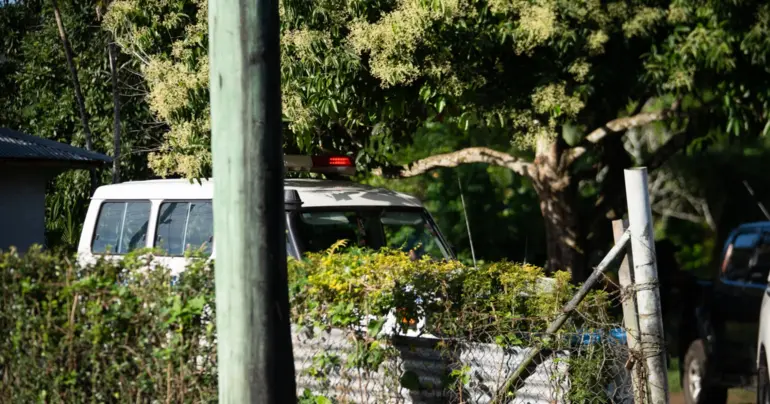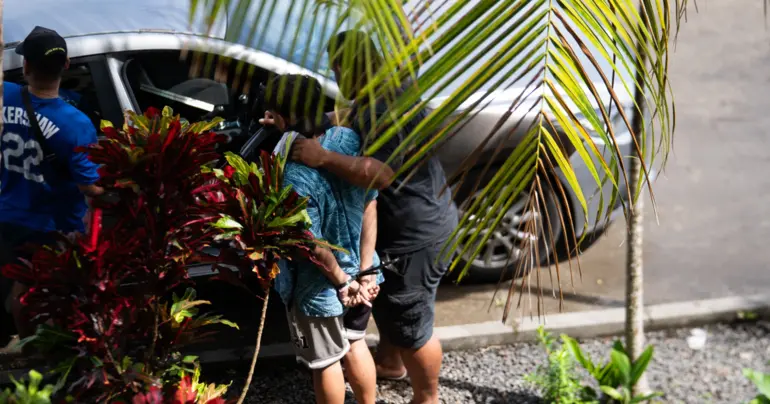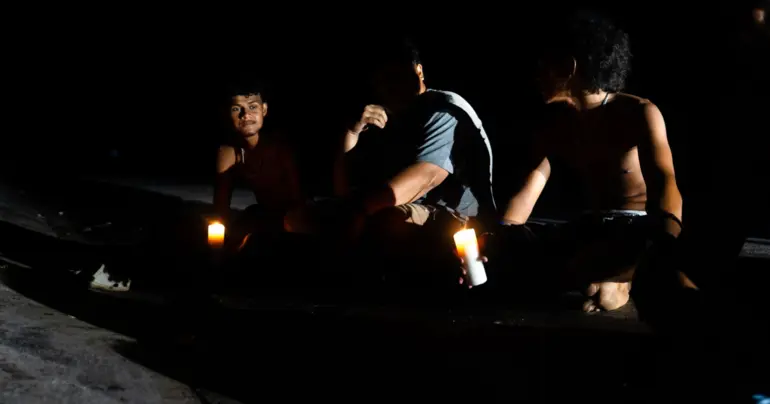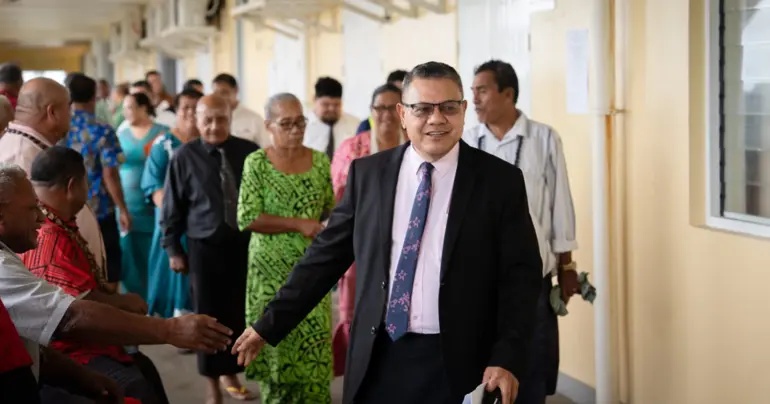A betrayal of trust
 By The Editorial Board
•
06 March 2021, 5:00AM
By The Editorial Board
•
06 March 2021, 5:00AM
What exactly is treason?
Perhaps you’ve been asking yourself this question in recent days or weeks, wondering how this word has made its way in to our Samoan lexicon.
Broadly, treason is the act of betraying someone or something. Specifically, it is a crime of betraying your country, especially by trying to kill or overthrow your Head of State or government.
Perhaps you’ve only heard this word in films about crazed monarchs or lawyers or international spy thrillers? Well, dear reader, now you can add Samoan politicking to that list.
By now everyone would have heard about Prime Minister Tuilaepa Dr. Sailele Malielegaoi’s call for an independent Commission of Inquiry to investigate Fiame Naomi Mataafa, Laauli Polataivao Schmidt, Olo Fiti Vaai and Faumuina Wayne Fong.
They are alleged to have breached Parliamentary Standing Orders for attendance and treasonous activities, namely making defamatory and misleading statements via media outlets putting Government and Parliament in to disrepute.
Under the Crimes Act, treason falls under crimes against public order.
It says that everyone is guilty of treason if they kill, wound, imprison, or cause grievous bodily harm to the Head of State; if they levy war or conspire to levy war against the state; or use force for the purpose of overthrowing the government; or assist, in any way, a public enemy at war with the state.
From where we stand, the attendance issue is clear. Members are obliged to attend Parliament sessions. If they don’t, there are repercussions. Clear enough.
In Parliament, there are only three acceptable reasons for absence – you are ill, you have a family or personal issue to deal with or you are attending to other public business/constituency business in Samoa or overseas.
Whether you agree with these or not, those are the rules.
So does an electioneering roadshow fall in to any of those categories? We’ll leave it to you to decide, as independent panel members of the court of public opinion.
So what about the murkier charge of treason?
At the risk of sounding more like a Hollywood movie; at its core, treason is an act of treachery, of betrayal.
The wounds must be deep to level such an accusation. And who could blame the Prime Minister for taking to heart the actions of his former Deputy Prime Minister and former Speaker of the House.
To have sat at the same table for years and years in intimate conference, sharing the highs and lows of running a country, to then watch them walk away and emerge in total opposition.
That must hurt.
By calling the FAST-aligned quartet’s actions treasonous and following up with a call for a C.O.I., it appears that the Prime Minister isn’t taking this breakup very well. Perhaps he is more rattled by F.A.S.T. than he lets on.
After all, each of us can attest to his repeated verbal attacks, casting aspersions on the characters of so many, over the last ten years of delivering his weekly media shows. Whether his attacks came while he was chatting from under the proverbial ulu tree, they were still attacks.
During any pre-election period, you will hear all manner of promises and pledges and vows to turn water in to wine to win your vote.
So where do we draw the line between free speech, and treasonous speech?
Is spouting campaign promises a reason to shout ‘treason!’?
Reactions to free speech and oppositional stances, from governments across the region are following an interesting trend.
In Fiji, their government has just moved to seek public submissions on a draft police bill that will have sweeping powers to monitor communications and enter anyone’s premises to place tracking devices. And the consequences for failing to hand over any electronic telecommunications devices? Life imprisonment.
Earlier this year, the Solomon Islands government backtracked on a decision from last year to ban Facebook, which they cited as a platform for abusive language and character assassination.
For nearly three years, Nauru banned Facebook. At the time of the ban, Nauru was facing international criticism over Australian asylum seeker camps, questions over the independence of the judiciary and treatment of opposition M.P.s.
Does any of that sound familiar?
Even our Prime Minister previously floated the idea of banning Facebook in Samoa. Thankfully, reason stayed his hand.
So where does this fit in with our current political activities in Samoa?
This newspaper believes these are kneejerk reactions to an information renaissance taking place in the Pacific. Our nations and our people, previously existing in isolation from each other, are now on par with other developed nations in terms of our connectivity.
This abrupt change, from relying on traditional media for news and other updates; to being handed personal access to just about every person and thought in existence, should not be understated.
While we may have the latest technology and have first class connectivity, we are far from savvy when it comes to information shared online.
And therein lies the problem and where we find ourselves when it comes to navigating the waters of fact or fiction.
There is a lack of understanding of Government process e.g. Standing Orders, and a lack of transparency and consistency from Government.
Just look at how fast the C.O.I. was called for to investigate rebellious Members of Parliament, when there is nothing but stoic silence when it comes to a public outcry for an Inquiry in to the Measles Deaths.
The Scales of Justice seem laden with hypocrisy.
This is also why our governments find themselves reaching for a broad sword to cut down on individual freedoms, and why the public struggle to understand why our ruling powers cannot see “the truth”.
 By The Editorial Board
•
06 March 2021, 5:00AM
By The Editorial Board
•
06 March 2021, 5:00AM










